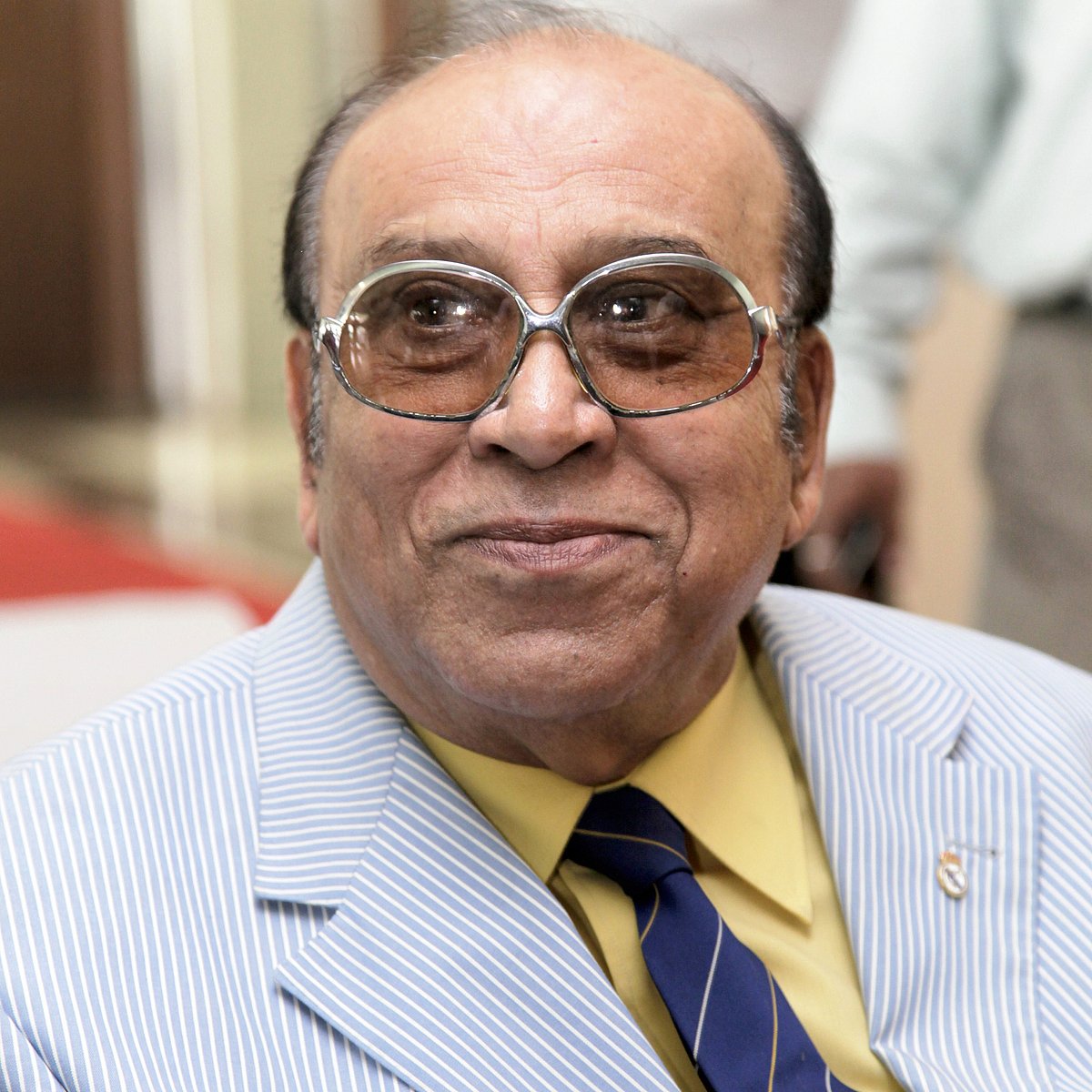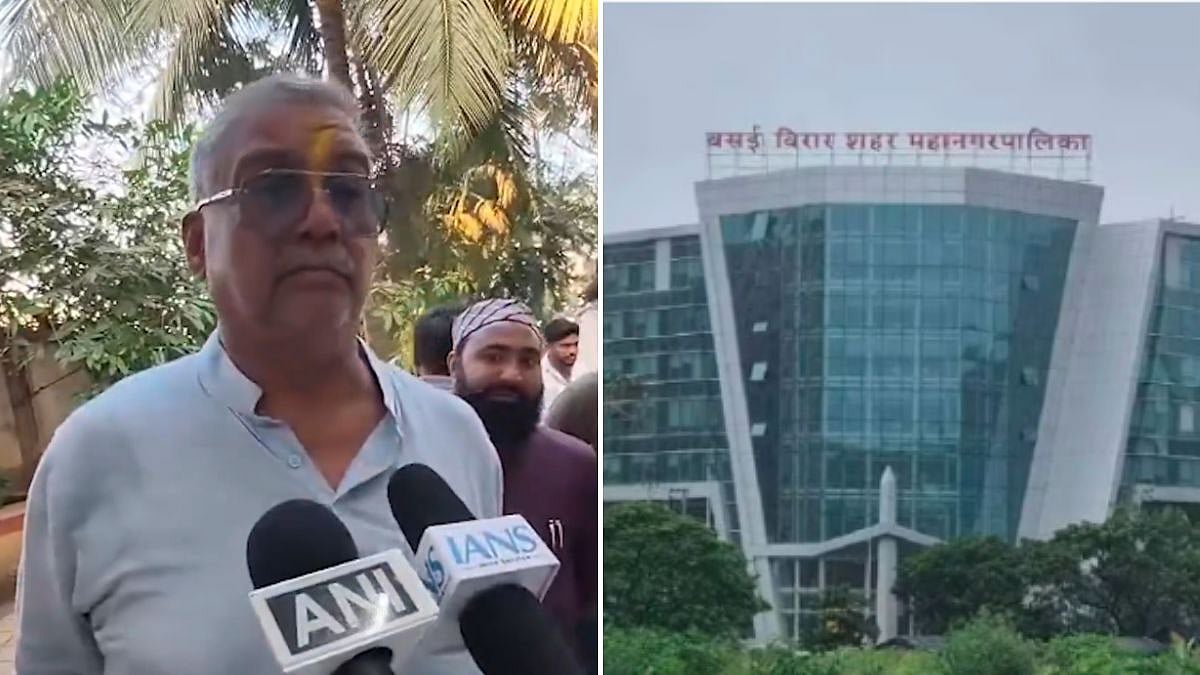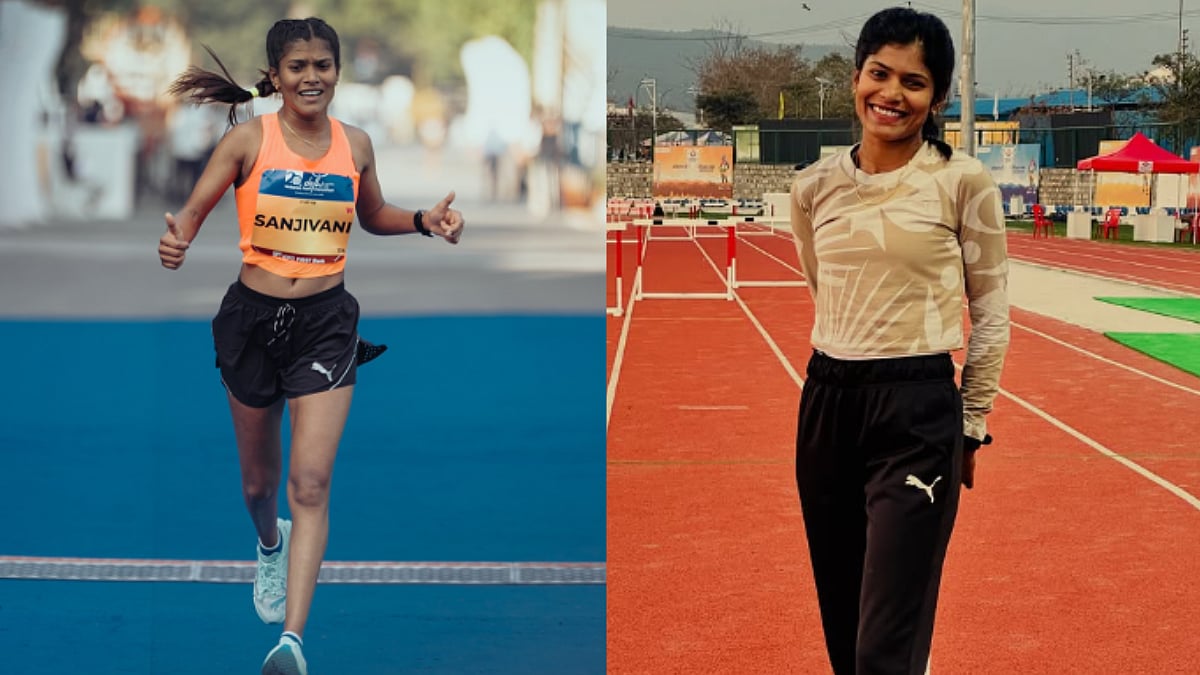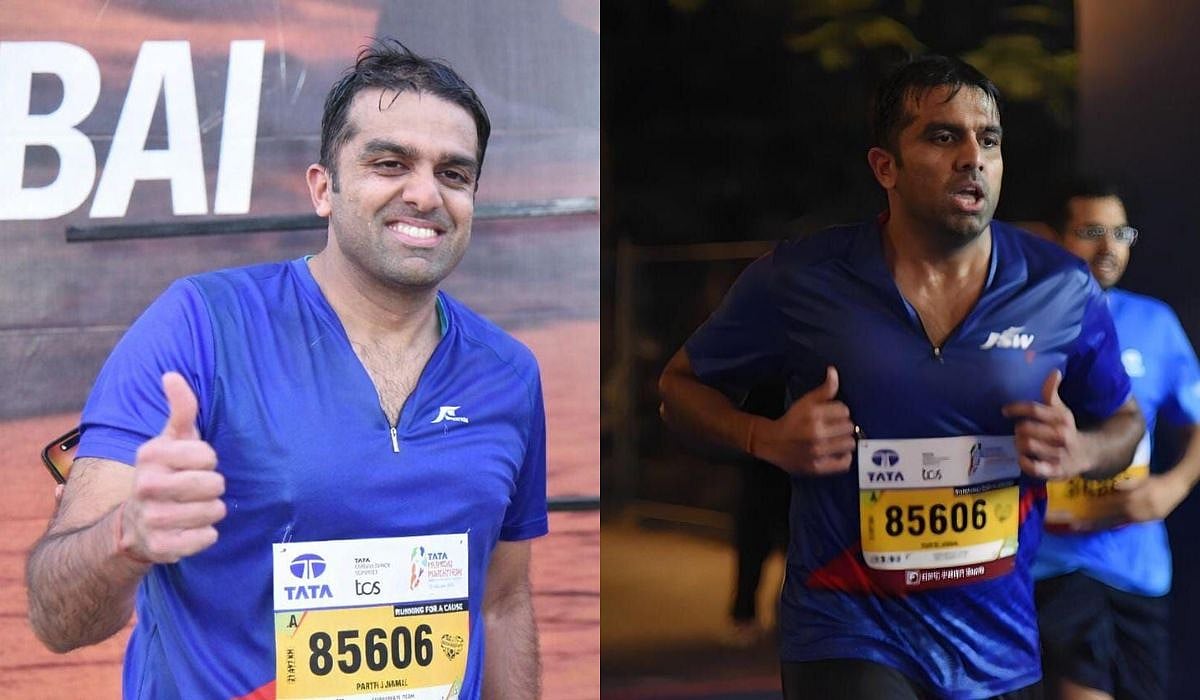On June 23, 1936, Pradip Kumar Banerjee was born in Jalpaiguri, Bengal Presidency, British India. He played as a striker on the pitch. In the course of his career, he has scored 65 goals. At the age of 15, Banerjee represented Bihar in the Santosh Trophy while playing on the right wing.

Pradip joined the Aryan club of the Indian state of Kolkata in 1954. Later, the star player represented India's Eastern Railway. The late footballer made his first international appearance during the Quadrangular tournament of 1955 held in Dacca (now Dhaka), East Pakistan (now the capital of Bangladesh) as a 19-year-old. In three Asian Games—1958 in Tokyo, 1962 in Jakarta, when India won the gold medal, and 1966 in Bangkok—he represented India.
He competed for his country at the Melbourne Summer Olympics in 1956, but was forced to leave the national team due to recurring ailments, which led to his retirement in 1967. Pradip was also captain of Indian national team at the 1960 Summer Olympics in Rome, where he scored an equalizer against France in a 1-1 draw.
Pradip Kumar Banerjee retirement:
He retired in 1967 after being forced to leave the national team due to persistent ailments. The East Bengal Football Club was his first team when he began coaching football teams. He led Mohan Bagan to their first-ever triple-crown victory in a single season, which included victories in the IFA Shield, Rovers Cup, and Durand Cup. He was appointed the Indian national coach in 1972, and he oversaw the nation's matches in the 1972 Munich Olympics qualifying round.
Up to 1986, he was the Indian football team's coach. He was among the first recipients of the Arjuna Award when it was established in 1961. He received the coveted Padma Shri in 1990.
He has been recognised by FIFA as the greatest Indian footballer of all time. In 2004, he received the FIFA Order of Merit, the organization's highest achievement.










